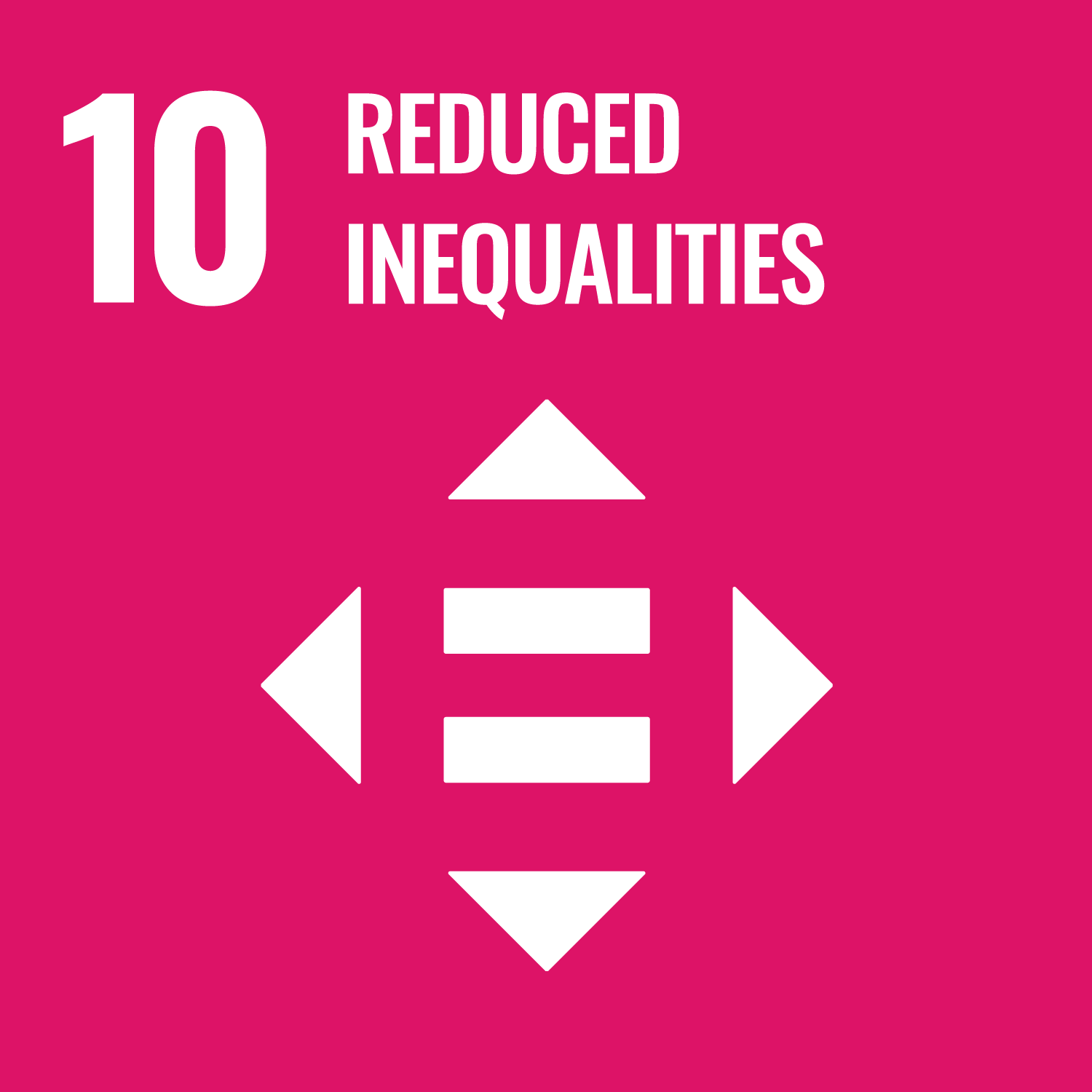Cassetti, V. orcid.org/0000-0002-7334-2461, Powell, K. orcid.org/0000-0001-8936-9661, Barnes, A. orcid.org/0000-0002-8122-9792 et al. (1 more author) (2024) How can asset-based approaches reduce inequalities? Exploring processes of change in England and Spain. Health Promotion International, 39 (2). daae017. ISSN 0957-4824
Abstract
Initiatives to promote health and reduce inequalities in place-based communities have increasingly adopted asset-based approaches (ABAs). However, the processes through which such initiatives might reduce inequalities are not well understood, and evidence of their impact on health is still limited. This study aimed to understand how ABAs can impact practices, relationships and the redistribution of resources to reduce health inequalities in and between less advantaged neighbourhoods. Qualitative research was conducted in two settings (England and Spain) where similar asset-based initiatives, aimed at training community members to become health promoters, were being implemented. Data were collected using theory of change workshops, 120 hours of observations and semi-structured interviews with 44 stakeholders (trained community members, voluntary and community sector organizations’ workers and health professionals). A thematic analysis informed by systems thinking was carried out. Three main processes of change were identified: first, ‘enabling asset-based thinking’ defined as supporting people to adopt a view that values their own resources and people’s skills and expertise. Second, ‘developing asset-based capacities’, described as developing personal skills, knowledge, self-confidence and relationships underpinned by asset-based thinking. Finally, ‘changing decision-making and wider health determinants through ABAs’ referred to achieving changes in neighbourhoods through mobilizing the asset-based capacities developed. These processes were associated with changes at an individual level, with potential to contribute to reducing inequalities through supporting individual empowerment and social capital. However, contextual factors were found key to enable or hinder changes in the neighbourhoods and acted as barriers to processes of collective empowerment, thus limiting ABAs’ impact on health inequalities.
Metadata
| Item Type: | Article |
|---|---|
| Authors/Creators: |
|
| Copyright, Publisher and Additional Information: | © The Author(s) 2024. Published by Oxford University Press. This is an Open Access article distributed under the terms of the Creative Commons Attribution License (https://creativecommons.org/licenses/by/4.0/), which permits unrestricted reuse, distribution, and reproduction in any medium, provided the original work is properly cited. |
| Keywords: | asset-based approaches; capacity building; community health promotion; empowerment; inequalities; qualitative methods; Humans; Health Promotion; Spain; England; Qualitative Research; Palliative Care |
| Dates: |
|
| Institution: | The University of Sheffield |
| Academic Units: | The University of Sheffield > Faculty of Medicine, Dentistry and Health (Sheffield) > School of Medicine and Population Health |
| Depositing User: | Symplectic Sheffield |
| Date Deposited: | 15 Mar 2024 11:05 |
| Last Modified: | 15 Mar 2024 11:05 |
| Published Version: | http://dx.doi.org/10.1093/heapro/daae017 |
| Status: | Published |
| Publisher: | Oxford University Press (OUP) |
| Refereed: | Yes |
| Identification Number: | 10.1093/heapro/daae017 |
| Related URLs: | |
| Sustainable Development Goals: | |
| Open Archives Initiative ID (OAI ID): | oai:eprints.whiterose.ac.uk:210314 |


 CORE (COnnecting REpositories)
CORE (COnnecting REpositories) CORE (COnnecting REpositories)
CORE (COnnecting REpositories)